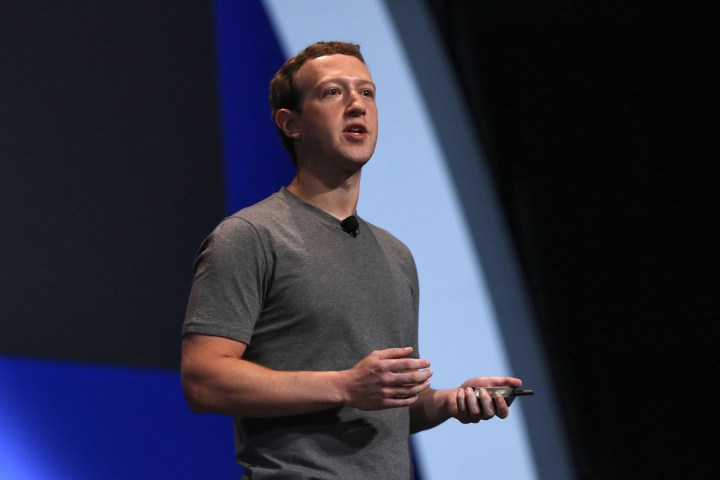
Kashif Ali, the Facebook engineer who headed the project, laid out the details in an extensive post on Facebook’s Code blog. The project is about affordability, at its core. “One of the reasons the expansion of cellular networks has stalled is that the ecosystem is constrained,” explained Ali. “Traditional cellular infrastructure can be very expensive, making it difficult for operators to deploy it everywhere and for smaller organizations or individuals to solve hyperlocal connectivity challenges. It’s often unaffordable for them to attempt to extend network access in both rural and developed communities.”
Somewhat counterintuitively, cell towers aren’t typically the priciest components of a cellular network. Rather, the civil and “supporting infrastructure” costs involved — that is to say, the land, power, and network backbone needed to support the towers — often represent a far bigger slice of upfront investment than the cellular access points themselves, said Ali. OpenCellular’s endgame, then, was to develop a cost-effective solution tailored to the needs of cell providers in remote nations — the rural villages and towns just beyond range of major cellular services.

It took a two-tier approach: cheap, customizable hardware and free software.
OpenCellular’s hardware solution takes the form of a cell “platform” that’s highly modular. Ali broke down the hardware’s nitty-gritty. One component, general-baseband computing (GBC), is best described as the brains of the base station. It comprises a number of specialized processors, co-processors and sensors that monitor temperature, voltage, and current, and accepts power through the most reliable source available in a given locale, be it solar, DC, external batteries, an internal battery, or Ethernet.
A second element, the “radio with integrated front-end,” handles cell signal broadcasts. It supports a number of network standards “from 2G and LTE to Wi-Fi,” Ali said, and can be configured to serve a range of population densities thanks to “on-board computing and storage capacity.”
Above all else, the cell is rugged. It’s built to withstand extreme weather conditions and temperatures, and features a mounting solution engineered to handle “high winds” and “rugged climates,” Ali said. It allows, too, for significant flexibility in placement — the base station can be affixed to practically any tall structure, from a pole “only a few feet off the ground” to a “tower or tree,” Ali said.

OpenCellular’s software component is just as approachable. The platform, which Ali described as requiring little-to-no setup, can route text messages, voice calls, and 2G data. And it’ll grow and develop in the future. “We aim to work with [project] members to build an active open-source community around cellular access technology development and to select trial locations for further validation of technical, functional, and operational aspects of the platform,” Ali said.
OpenCellular is but one component of Facebook’s far-reaching internet access effort. The company has inked agreements with service providers and governments in Latin America, Africa, and Asia to deliver a selection of web services for free under the moniker Free Basics. Its secretive Connectivity Lab, a division devoted to developing internet technologies for isolated regions of the world, is working on lasers for delivering internet content at gigabit speeds.
And if recent patent filings are any indication, Facebook might be pursuing millimeter-wave technology — short-wave radios capable of delivering internet in areas where more traditional infrastructure, like fiber wire and cellular, aren’t feasible.

Some of those efforts have met pushback. Regulators in India have deemed Facebook’s Free Basics illegal under the Telecom Regulatory Authority of India (TRAI)’s network neutrality rules. The Egyptian government chose not to renew its Free Basics agreement with
But Facebook remains undeterred. In the past several months alone, it has introduced a number of products aimed at


